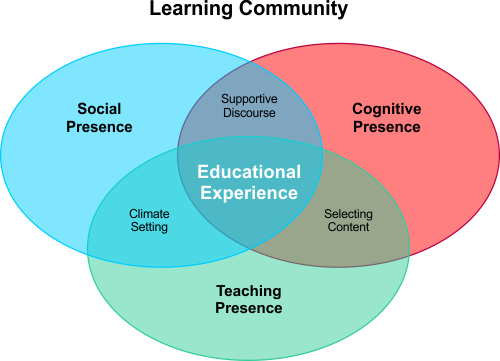Introduction
Meaning of Learning
The knowledge we acquire, the language we speak, the habits, attitudes and skills developed in us are all due to learning.
Psychologists define learning as “a relatively permanent change in behaviour, which occurs as a result of activity, training, practice or experience” This definition of learning has three important elements
- Learning results in change in behaviour
- It is a change that takes place through practice or experience.
- Before it can be called learning, the change must be relatively permanent
How Does Learning Occur?
Learning can happen in a wide variety of ways. To explain how and when learning occurs, a number of different psychological theories have been proposed.
Learning Through Classical Conditioning
Russian physiologist Ivan Pavlov discovered one method of learning during his experiments on the digestive systems of dogs. He noted that the dogs would naturally salivate at the sight of food, but that eventually the dogs also began to salivate whenever they spotted the experimenter’s white lab coat. Later experiments involve pairing the sight of food with the sound of a bell tone.

Characteristics of Learning
The following are the important characteristics of learning:
Learning is universal. All living beings learn.
Learning is continuous; it is a perpetual activity that takes place from ‘womb to tomb’
Learning results in improved performance.
